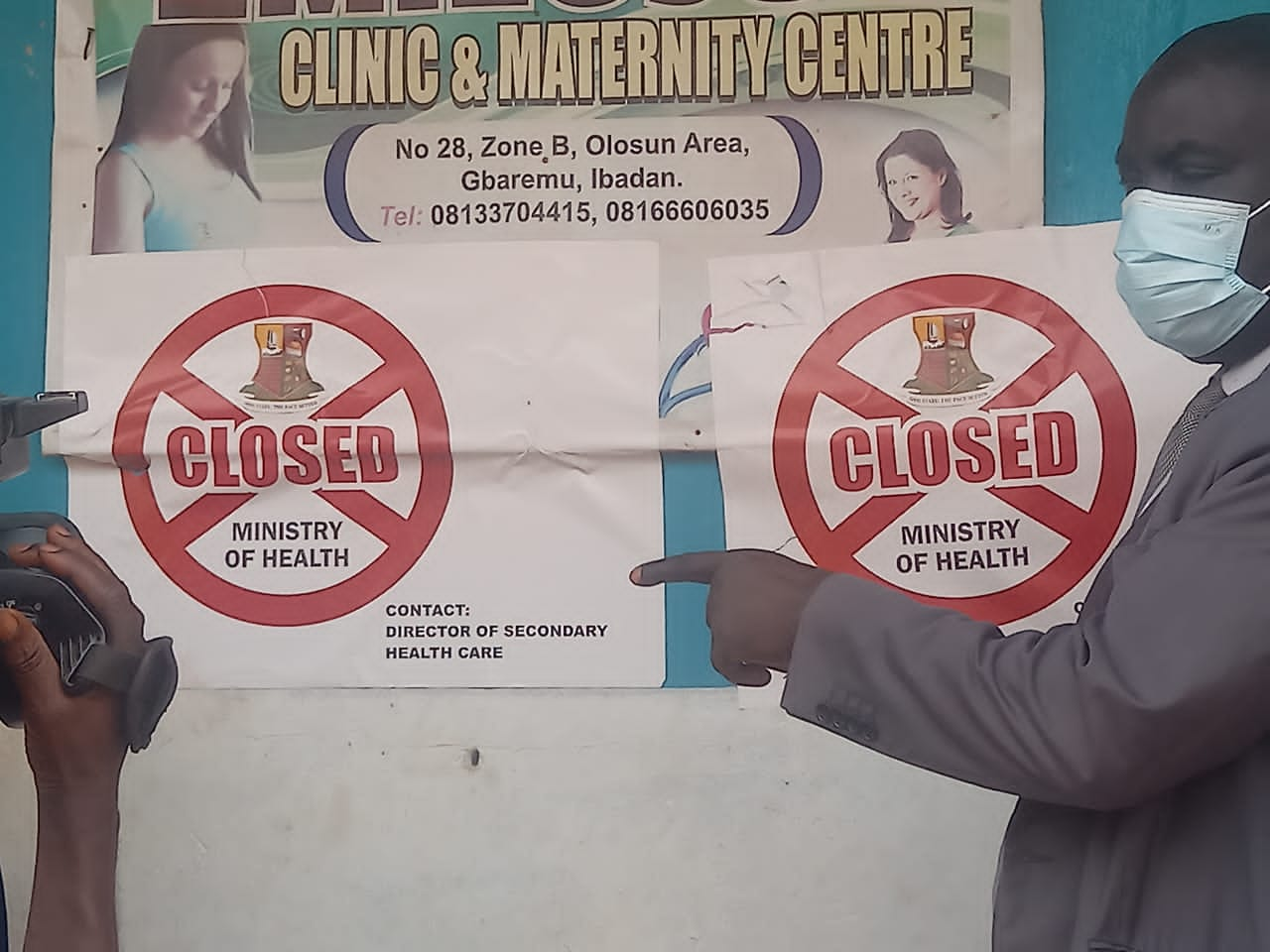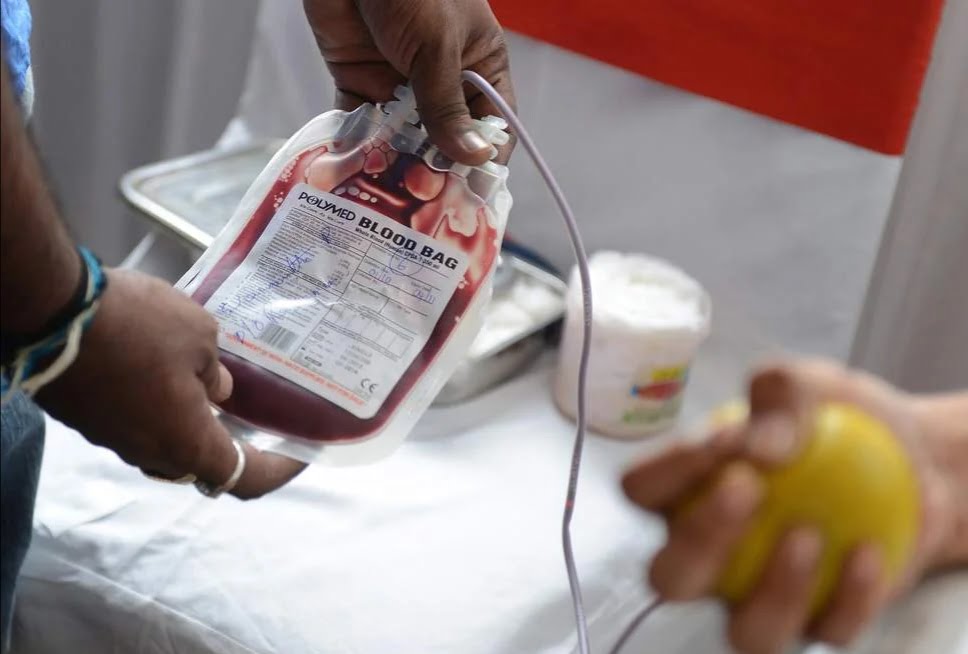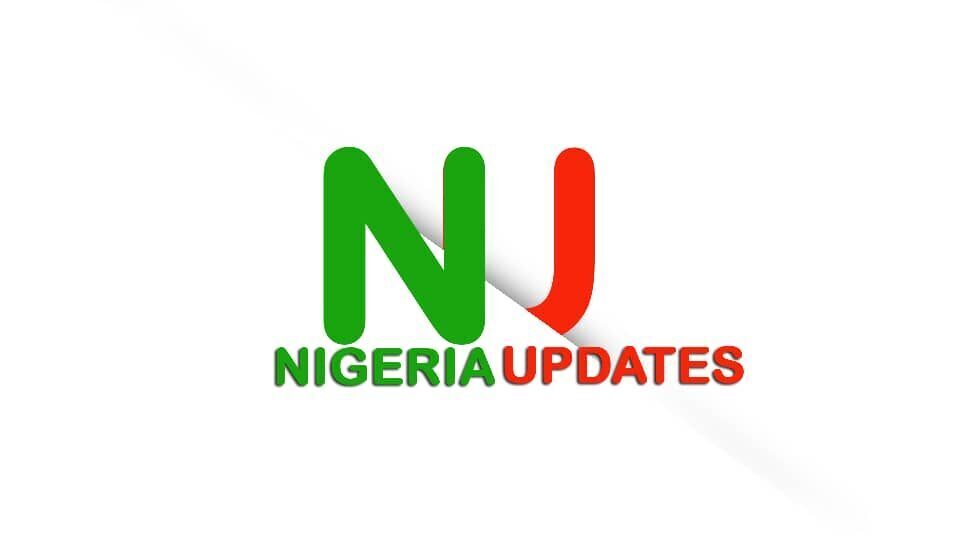health
Monkeypox ‘Imported’ from Nigeria, Resident Hospitalised – US


The United States Centre for Disease Control and Prevention on Friday said that a rare case of human monkeypox was detected in Texas, making it the first case of the virus seen in the state.
The viral illness was found in a U.S. resident who recently travelled from Nigeria to the US and is currently hospitalised in Dallas.
He is in stable condition, according to the health department’s statement.
“While rare, this case is not a reason for alarm and we do not expect any threat to the general public,” Dallas County Judge, Clay Jenkins, said.
Other than Nigeria, outbreaks have also been reported in Central and West African countries since 1970, with a large outbreak in people in the US in 2003, according to the CDC.
Monkeypox, which belongs to the same family of viruses as smallpox, is a rare but potentially serious viral illness.
It typically begins with flu-like symptoms and swelling of the lymph nodes and gradually develops to widespread rashes on the face and body.
It can spread from person to person through respiratory droplets.
Nigerian tests positive as Singapore’s first monkeypox case
The CDC said since travellers were wearing masks due to COVID-19, the risk of spread of monkeypox via respiratory droplets to others on air planes and at the airports was low.
The patient was infected with the strain most commonly found in parts of West Africa, including Nigeria, CDC added.
The CDC said it was working with local health officials to contact airline passengers and others who were in contact with the infected traveller during their flights from Lagos to Atlanta on July 8 and from Atlanta to Dallas on July 9.
The last time monkeypox was seen in the U.S. was in 2003.
Nearly 50 people fell ill after imported African rodents infected prairie dogs, which subsequently infected humans, the CDC said.
This launched a government search across 15 states for infected prairie dogs.
(NAN)
health
Oyo Gov’t Closes Six Health Facilities Over Quackery


The Oyo State Government, has shut six health facilities across the state over quackery.
The six health facilities sealed committed various offenses, including recruitment of unqualified personnel to provide medical services and engage in illicit practices.
Speaking during an inspection and monitoring exercise held within the Ibadan metropolis, the State Antiquackery Task Force Committee Chairman, Dr. Adekunle Aremu said the team carried out the operation as part of the government’s efforts towards protecting the health and well-being of residents.
Dr. Aremu said the Oyo State government would not tolerate any form of quackery or substandard practice in the health sector.
He added that anyone found culpable would face the full wrath of the law.
He urged the public to report any suspicious or illegal activity in any health facility to the Ministry of Health or the nearest security agency.
He also advised the public to patronize only accredited and registered health facilities in the state, adding that they must ensure only qualified personnel attend to them.
He appealed to health workers to abide by the ethics and standard of their profession.
The Chairman also urged residents to cooperate with the government in its quest to provide quality and affordable health care to the people.
He said: “The goals remain clear, Oyo State government is dedicated to upholding rigorous standards and prioritizing the health and safety of every resident.
“The government ensures that healthcare services consistently meet the highest benchmarks for quality and safety, so citizens can trust their well-being”.
Among the facilities sealed were the New Jobi Memorial Hospital; Omolara Clinic & Maternity Home Iped Amazing Grace Medical Clinic; Emiloju Clinic and Maternity Centre Ogbere and Safeway Clinic, Gbaremu; Emilagba clinic and Maternity Centre, Ibadan.
health
Bleaching cream abusers liable to cancer, NAFDAC warns


Opeoluwa Awodugba
The National Agency For Food And Drug Administration and Control (NAFDAC) has raised the alarm over the increasing abuse of bleaching creams in the country saying users face the risk of cancer
NAFDAC raised the concern during the launch of the Southsouth zonal media sensitisation workshop on the dangers of bleaching creams and regulatory control on Monday in Port Harcourt.
The Director-General of the agency, Prof. Moji Adeyeye, noted that people who continue to use bleaching creams and other related cosmetic products faced the risk of becoming susceptible to cancer.
Prof. Adeyeye who was represented by the Director of Chemical Evaluation and Research, Dr. Leonard Omokpariola,
added that abusers could also cause damage to their vital body organs, skin irritation and allergy, skin burn and rashes, wrinkles, premature aging and prolonged healing of wounds.
She recalled how the Secretary to the Government of the Federation, Boss Mustapha, acting on the resolution of the senate, had written to the agency, stressing the need to take stringent regulatory action to stem the dangerous tide of rampant and pervasive cases of Nigerians using bleaching creams.
The World Health Organisation (WHO) report says that nearly 77 percent of Nigerian women use skin-lightening products regularly.
health
Over 90 percent of health facilities practising sharp, unsafe blood transfusion – Agency


Health facilities in the country have been given a 30-day ultimatum by the National Blood Service Commission (NBSC) to register their blood bank facilities with the commission or face sanctions.
Dr Omale Amedu, the acting Director-General of the agency, gave the ultimatum on Wednesday, in Abuja, while briefing newsmen on the implementation of the NBSC blood service regulatory policies all over the country.
According to him, unregistered blood bank services posed serious health risk to Nigerians.
He said over 90 percent of health facilities in Nigeria were still practising ‘sharp’ and unsafe blood transfusion practices, exposing people to HIV, hepatitis, syphilis and others.
He explained that appropriate regulation and coordination of safe and quality blood and blood products would be ensured, adding that all those involved in the blood business were expected to register with the commission.
According to him, “No blood shall be transfused anywhere in Nigeria without the NBSC seal of accreditation.”
Amedu explained that anyone receiving blood or blood product transfusion in any Nigerian health facility must ask to see the NBSC seal, stressing, “without it, do not accept, it is not safe.
The acting acting Director-General stated that rigorous processes were involved to provide safe and quality blood and blood products, in terms of donor selection, technical aspects of the collection, storage, appropriate testing technology, cold-chain system, distribution and client protection, as well as disposal of waste products.
-



 Nigeria News4 days ago
Nigeria News4 days agoHadi Sirika arrested by EFCC in connection with alleged embezzlement of over ₦8 billion linked to Nigerian Air scandal
-



 Maritime7 days ago
Maritime7 days agoNigeria Customs Command and Staff College Graduates 50 Officers of Junior Course 18
-



 Entertainment6 days ago
Entertainment6 days agoActress, Stephanie Okereke, Husband Celebrate 13th Wedding Anniversary
-



 Politics6 days ago
Politics6 days agoProtesters Storm APC Secretariat In Akure, Reject Ondo APC Guber Primary Election
-



 Metro6 days ago
Metro6 days agoFear of Naira Spraying Grips Nigerians, NiDOM Boss Shares Experience
-



 Nigeria News6 days ago
Nigeria News6 days agoPRESIDENTIAL CNG INITIATIVE SET FOR ROLLOUT
-



 Metro7 days ago
Metro7 days agoPolice Launch Manhunt As Gunmen Reportedly Kidnap RCCG Pastor, Other Bus Passengers In Oyo
-



 Nigeria News3 days ago
Nigeria News3 days agoMRS Reduces Diesel Price To ₦1,050






